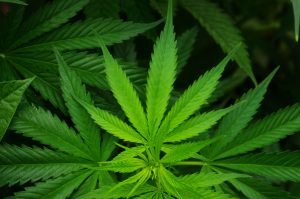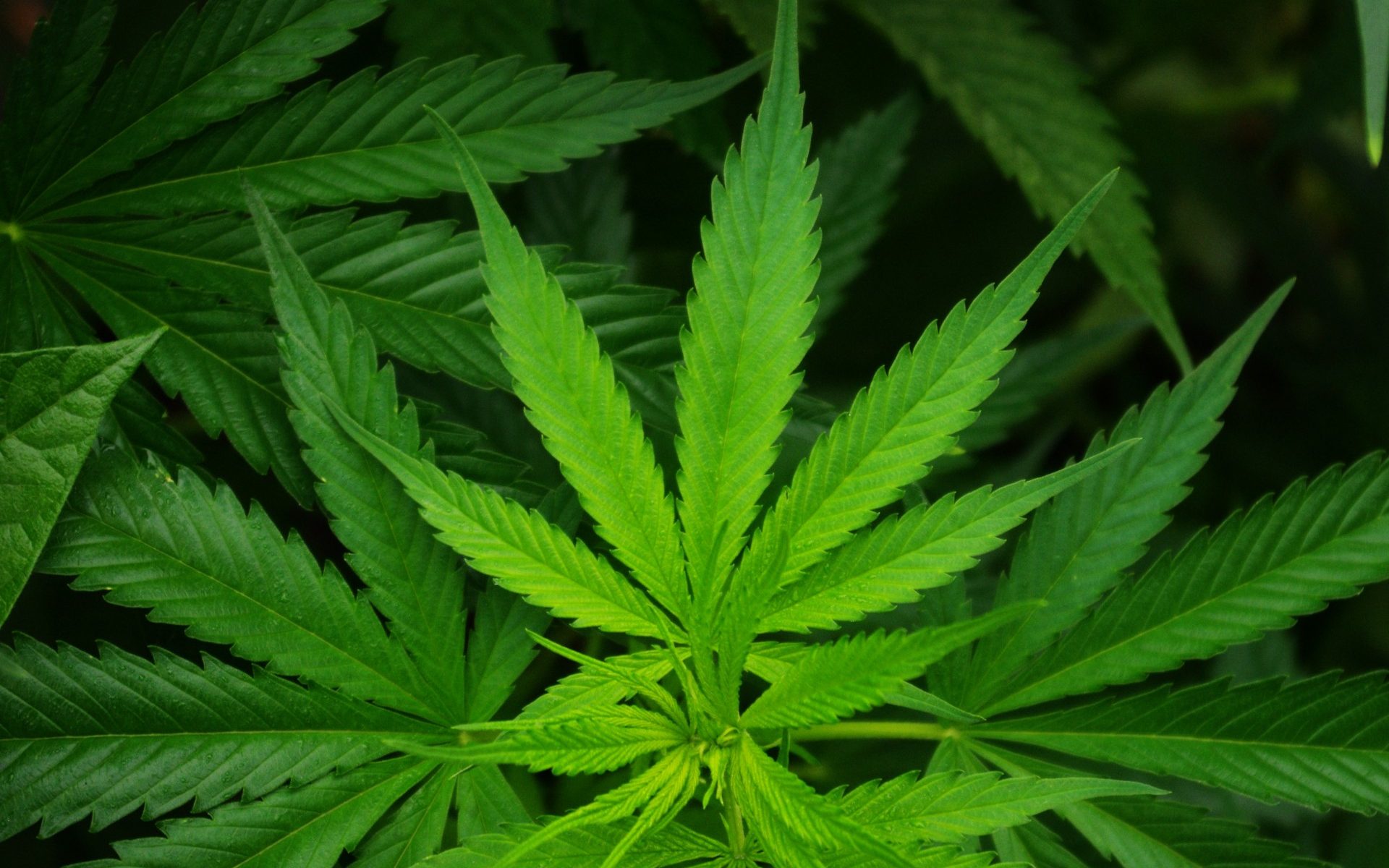
By Amy Turner FdSc, BA
Many people claim cannabis is a drug that is beneficial for health, and indeed, with the right strain and assessment of the individual, evidence shows it has been effective for reducing pain, muscle spasticity, epilepsy and nausea and vomiting in chemotherapy patients (Sarris, et al., 2020).
However, to promote it in such a way that states cannabis is entirely ‘good for you’, or to deny that it can affect you in a negative way, is a type of denial. Nothing that affects you so behaviourally taken in large quantities is going to have a good effect on your mind and body, from coffee to alcohol. There is also a danger in such a positive attitude, that people who are heavy, frequent or regular users of recreational cannabis will be ignorant of the damage they may be causing their health.
Lung cancer is obviously something that most people are aware of, however cognitive defects are not. Recent evidence suggests that cannabis is some circumstances can cause cognitive decline.
Kroon et al (2019) conducted a review of all the research papers on cognition, they found that those who frequently use cannabis suffer from a small to moderate cognitive decline, in memory, learning and decision making. This was back up by two other recent literature reviews (Duperrouzel, et al., 2019) (Lovell, et al., 2019) which suggest the same thing.
On a more positive note, Kroon et al found that after a period abstaining from cannabis, cognition started to improve. Furthermore, this literature was assessing regular users of cannabis, those who smoke it occasionally may not suffer the detrimental affects of cognitive decline.
There has also been a debate about whether it causes schizophrenia. Another research review by (Alkomiet Hasan, et al., 2019) found that it increased the prevalence of psychosis and early onset schizophrenia, as well as increasing the amount of hospitalisations and psychosis relapses.
What we might conclude from this research is that recreational cannabis may be detrimental to the mind if it is frequently taken and by those who are at risk of developing schizophrenia or psychosis.
CBD
While heavy use of recreational cannabis is associated with cognitive decline, the intake of CBD oil is not. Both CBD oil and THC are cannabinoids in the plant. THC is responsible for the high that you get from cannabis.
A research paper that analysed current evidence by (Sarris, et al., 2020) found that CBD rather than THC is good for preventing social anxiety, schizophrenia and ADHD. It also cautions against the use of THC in young people and those with anxiety and psychiatric disorders. While Newton and Newton (2020) also studied current research and found that CBD and a mixture of CBD and THC can provide safe treatment for psychiatric and neurological disorders.
It is also beneficial for social anxiety; Scientists gave patients the task of public speaking. Some they gave CBD and gave another group a placebo. Patients who had taken the CBD where less anxious then those who has taken the placebo, but also had less cognitive impairments while talking(Bergamaschi, et al., 2011). This study is was also backed up by a recent literature review that shows CBD is affective for reducing anxiety (Skelley, et al., 2019).
Therefore, if you wish to treat you mental health with cannabis I would advise you to stick to CBD oil or capsules, if you really have to smoke it, go for one high in CBD rather then THC.
Unfortunately, recreational cannabis is still illegal in the UK so UK citizens, though they can buy CBD oil legally, cannot purchase with confidence strains high in CBD.
CBD oil is also unbelievably expensive now, and the powers that be should take steps both to legalize cannabis so more adequate research can take place and so people can make healthier choices. Additionally, measures should be taken to bring the price of CBD oil/supplements down so ordinary people have the opportunity to buy these products, instead of street bought cannabis.
References
Alkomiet et al., 2019. Cannabis use and psychosis: a review of reviews. European Archives of Psychiatry and Clinical Neuroscience volume, Volume 270, pp. 403-412.
Battistella, G. et al., 2014. Long-Term Effects of Cannabis on Brain Structure. Neuropsychopharmacology, Volume 39, pp. 2041-2048.
Bergamaschi, M. et al., 2011. Cannabidiol Reduces the Anxiety Induced by Simulated Public Speaking in Treatment-Naïve Social Phobia Patients. Neuropsychopharmacology , Volume 36, p. pages1219–1226.
Duperrouzel, J., Granja, K., Pacheco-Colón, I. & Gonzalez, R., 2019. Adverse Effects of Cannabis Use on. Journal of Dual Diagnosis, 16(1), pp. 43-47.
Kroon, E., Kuhns, L., Hoch, E. & Cousijn, J., 2019. Heavy cannabis use, dependence and the brain: a clinical perspective. Addiction, 115(3), pp. 559-527.
Lovell, M. et al., 2019. Cognitive outcomes associated with long-term, regular, recreational cannabis use in adults: A meta-analysis.. Experimental and Clinical Psychopharmacology..
Newton, M. & Newton, D., 2020. Cannabidiol or CBD Oil: Help, Hope, and Hype for Psychiatric and Neurologic Conditions. Journal of the American Medical Association.
Sarris, J. et al., 2020. Medicinal cannabis for psychiatric disorders: a clinically-focused systematic review. BMC Psychiatry, 20(24).
Skelley, J. D. C., Curren, Z. & Ennis, J., 2019. Use of cannabidiol in anxiety and anxiety-related disorders. Journal of the American Pharmacists Association, 60(2020), pp. 253-261.

